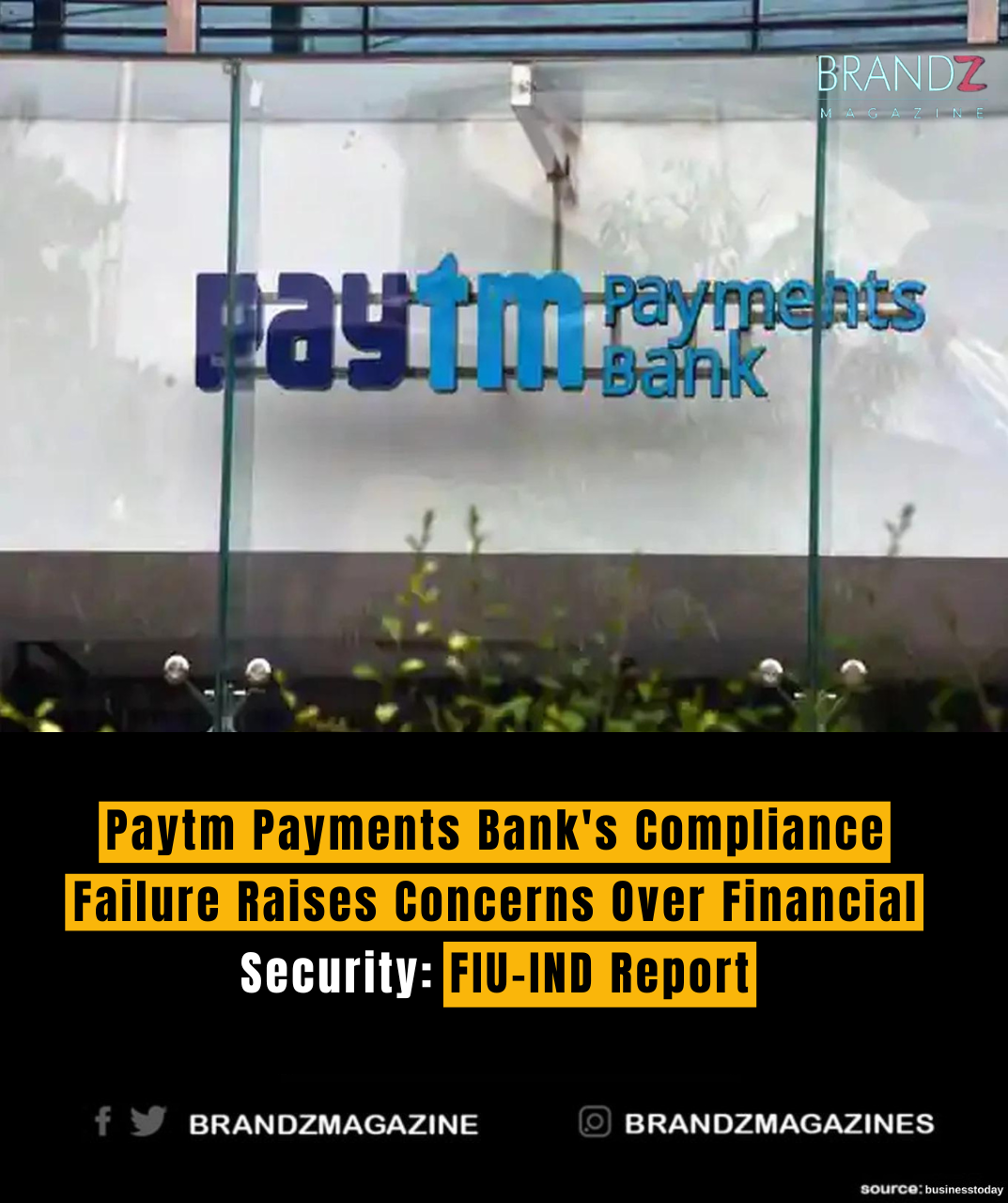
In a recent development, the Financial Intelligence Unit of India (FIU-IND) has raised concerns over Paytm Payments Bank’s failure to establish an effective mechanism for detecting and reporting suspicious transactions. The revelation comes as a significant blow to one of India’s leading digital banking institutions and raises questions about its adherence to regulatory compliance standards.
According to the FIU-IND report, Paytm Payments Bank, a subsidiary of the fintech giant Paytm, failed to implement robust systems and processes for identifying and flagging potentially illicit activities. This lapse in oversight poses serious risks to the integrity of the financial system and undermines efforts to combat money laundering and terrorist financing.
The findings of the FIU-IND report shed light on the critical importance of stringent anti-money laundering (AML) and counter-terrorism financing (CTF) measures in the banking sector. As a licensed payments bank operating in India, Paytm Payments Bank is obligated to adhere to strict regulatory guidelines and ensure the integrity of its financial operations.
The failure of Paytm Payments Bank to set up adequate mechanisms for detecting and reporting suspicious transactions raises concerns about its commitment to regulatory compliance and customer protection. In an era of increasing digital transactions and evolving financial crime threats, it is imperative for banking institutions to remain vigilant and proactive in safeguarding the integrity of the financial system.
The FIU-IND report underscores the need for enhanced oversight and enforcement measures to hold financial institutions accountable for their compliance failures. It also highlights the importance of collaboration between regulatory authorities, law enforcement agencies, and financial institutions to combat financial crime effectively.
In response to the FIU-IND report, Paytm Payments Bank has pledged to strengthen its compliance framework and implement corrective measures to address the identified deficiencies. The bank has committed to investing in technology and training initiatives to enhance its capabilities in detecting and reporting suspicious transactions.
While Paytm Payments Bank’s commitment to remedial action is a step in the right direction, restoring trust and confidence in its operations will require sustained efforts and transparent communication with regulators, stakeholders, and customers. It is essential for the bank to demonstrate a genuine commitment to compliance and accountability to rebuild its reputation and maintain the trust of its customers.
The FIU-IND report serves as a wake-up call for the entire banking industry, emphasizing the importance of robust AML and CTF measures in safeguarding the integrity of the financial system. It underscores the need for continuous monitoring, evaluation, and improvement of compliance practices to mitigate risks and protect the interests of all stakeholders.
In conclusion, the FIU-IND report highlighting Paytm Payments Bank’s compliance failure underscores the critical importance of regulatory compliance and financial security in the banking sector. It serves as a reminder for financial institutions to prioritize AML and CTF measures and invest in robust systems and processes to detect and prevent financial crime effectively. Only through collective efforts and unwavering commitment to compliance can the banking industry uphold the integrity of the financial system and safeguard against illicit activities.

